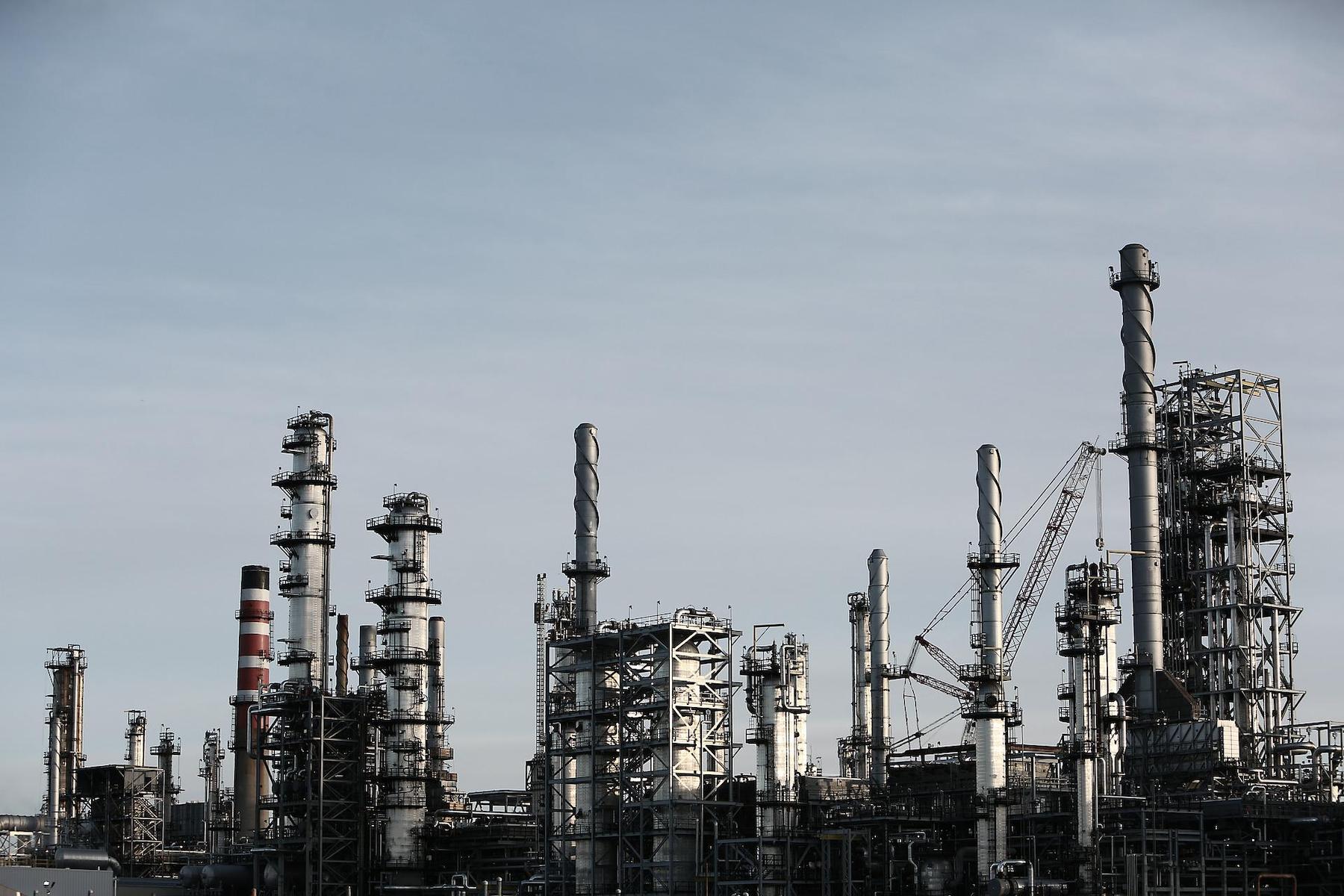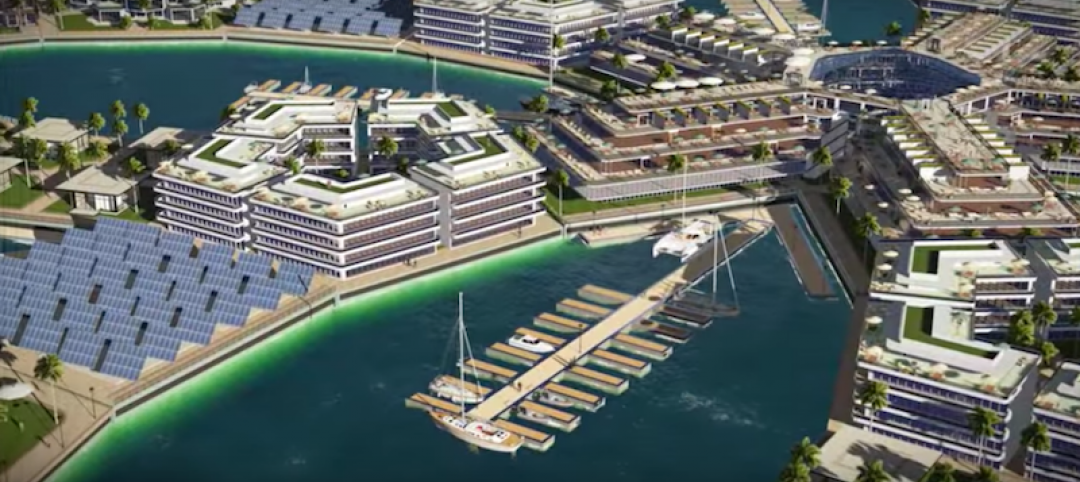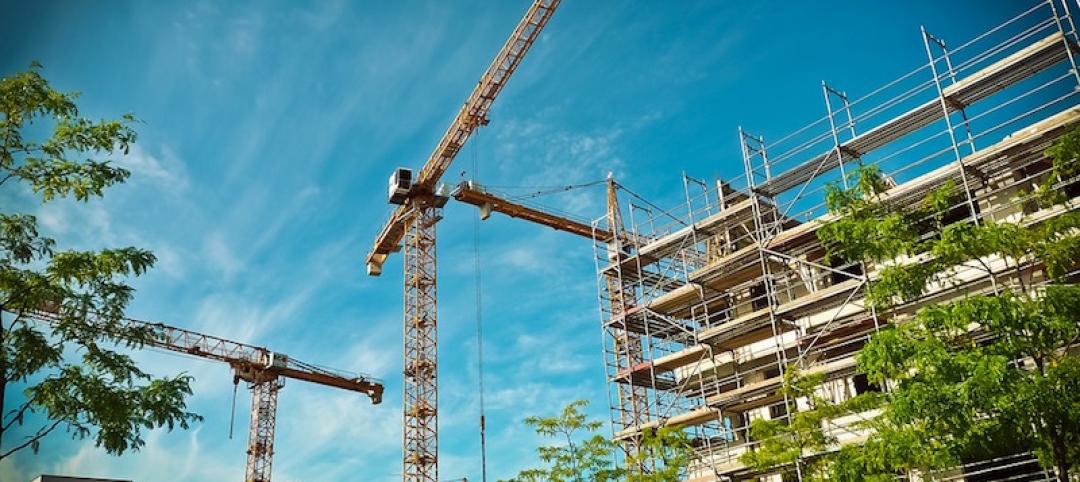The American Institute of Steel Construction has released updated environmental product declarations (EPDs) “to help designers and building owners design more environmentally friendly buildings and bridges,” according to an AISC news release.
The organization develops industry-average environmental product declarations (EPDs) for three products: fabricated hot-rolled structural sections, fabricated steel plate, and fabricated hollow structural sections (HSS)—the latter developed with the Steel Tube Institute. “These documents are designed to facilitate an accurate, apples-to-apples comparison of the structural materials on the market today,” the release says. These documents are updated every five years.
“Many people associate steel with old smokestacks and air pollution, but structural steel is now the premier green building material,” said AISC President Charles J. Carter, SE, PE, PhD. “Over the past three decades, the steel industry has reduced greenhouse gas and overall emissions by 36%. And the American structural steel industry is leading the way to a greener future with a carbon footprint nearly half the world average. By comparison, Chinese structural steel has three times the global warming potential of domestic steel.”
Many rating systems (LEED V4), standards (ASHRAE 189.1), green building codes (IgCC), and specific customers require the submission of environmental product declarations (EPDs) for products delivered to the project site. These EPD life-cycle assessments provide information on environmental impacts related to the manufacture of the product, including global warming potential, ozone depletion, acidification, eutrophication, and ozone creation.
AISC works with its mill members to develop industry average EPDs for structural steel produced in the United States. In addition to quantifying the impacts of the mill processes, the EPD work quantifies the industry average per ton environmental impacts of the fabrication process.
Related Stories
Codes and Standards | Jan 31, 2017
Planning for world’s first floating city underway
New approach to resiliency examined in French Polynesia.
Codes and Standards | Jan 30, 2017
Denser development could reduce emissions more than building energy retrofits
More tightly packed cities would cut building emissions significantly, study says.
Codes and Standards | Jan 27, 2017
Calif. legislator proposes statewide solar mandate for new buildings
It would be the first such requirement in the U.S.
Codes and Standards | Jan 25, 2017
Standard baseline for measuring building efficiency needed
EUI could push sustainability through market-driven approach.
Codes and Standards | Jan 23, 2017
Workers, local officials rally for new construction safety law in New York City
The new law would require those who work on 10-story-plus buildings to go through an apprenticeship program.
Codes and Standards | Jan 23, 2017
Prominent Atlanta construction executive faces charges in $1 million bribery scheme
The company has worked on some major projects, including Hartsfield Airport.
Codes and Standards | Jan 20, 2017
New resource lists green incentives by state
USGBC's new Public Policy Library includes tax and energy benchmarking policies.
Codes and Standards | Jan 18, 2017
How green leases benefit owners and tenants
Agreements to spur efficiency upgrades are slowly gaining popularity.
Codes and Standards | Jan 17, 2017
Intl. Code Council looks into code changes for cross-laminated timber structures
Most codes limit CLT structures’ height.
Codes and Standards | Jan 16, 2017
Building codes for existing buildings evaluated in new white paper
The paper examines implementation, enforcement challenges, and changes needed in new code editions.
















